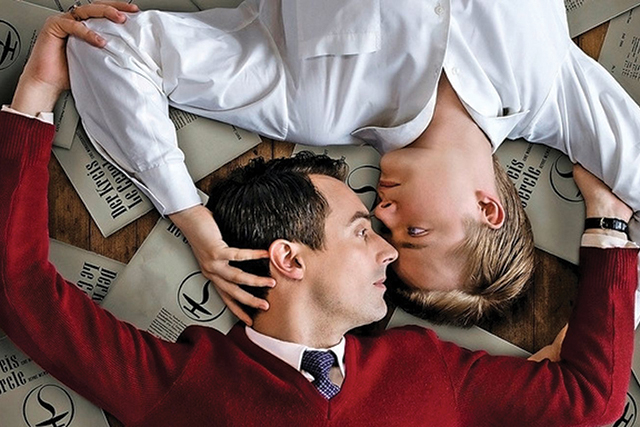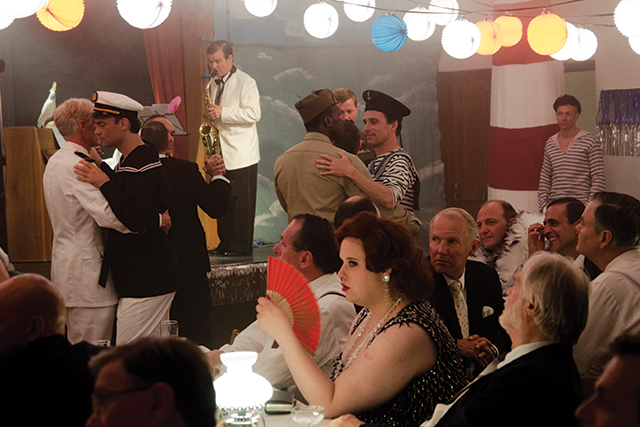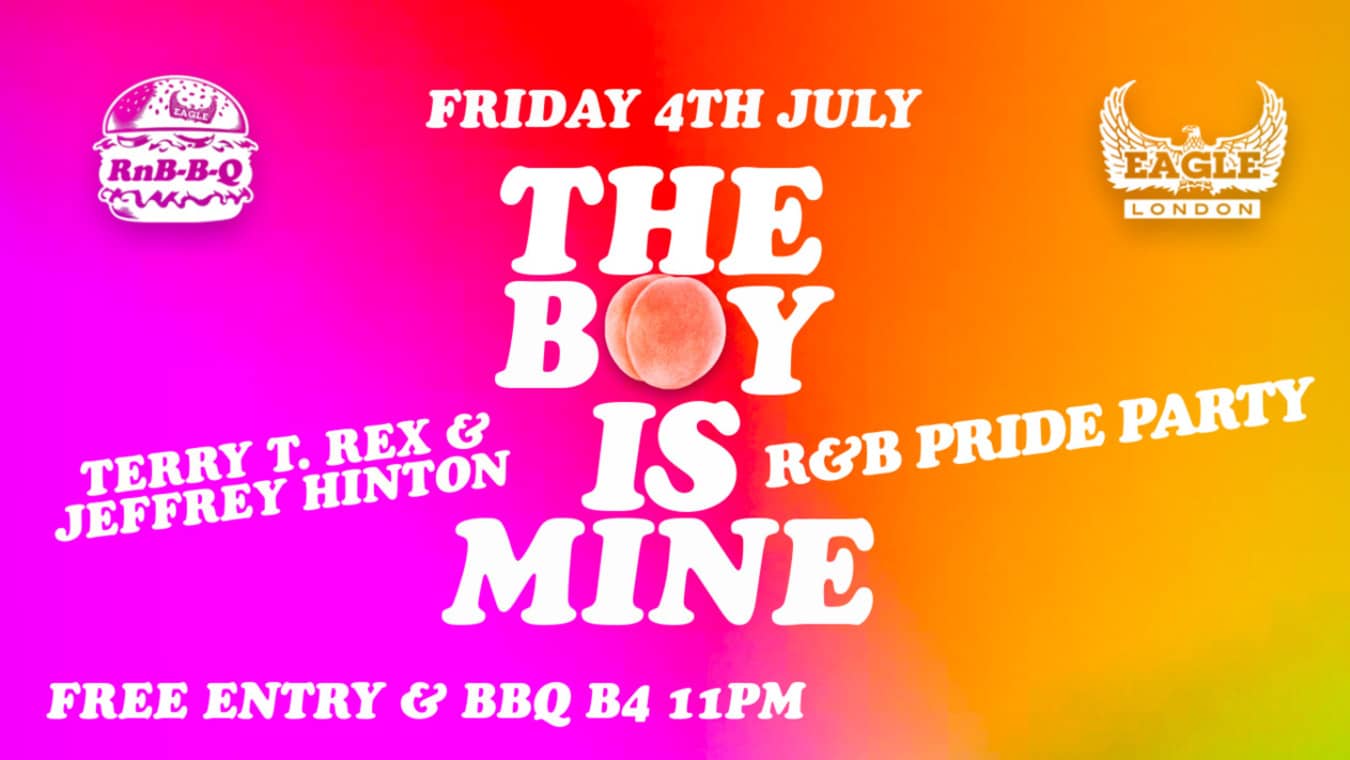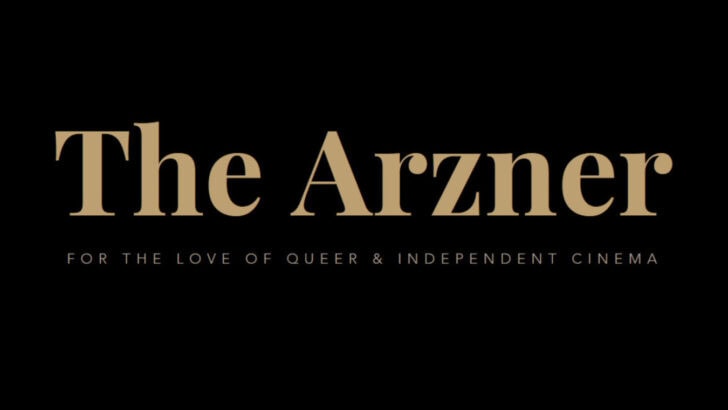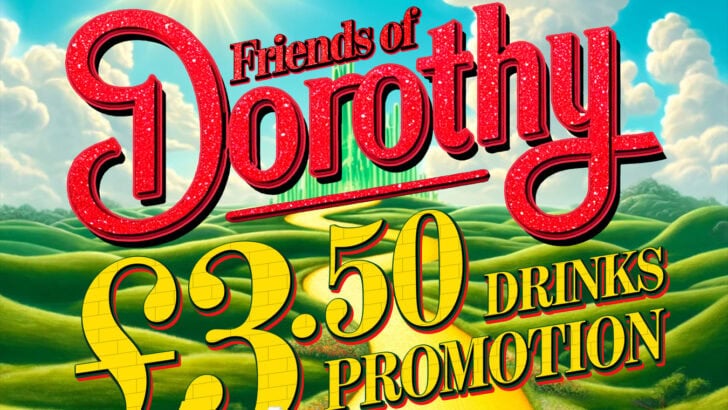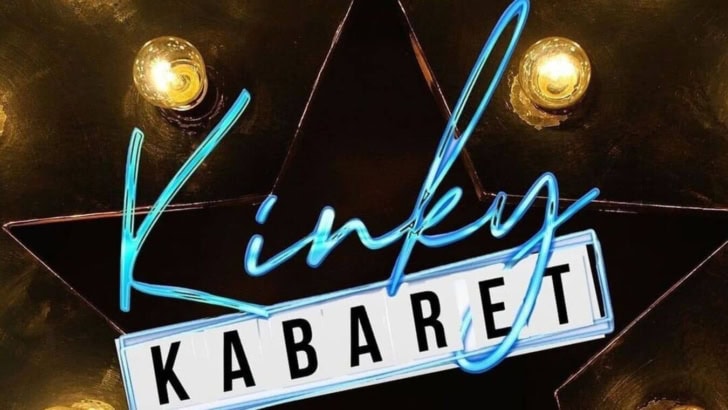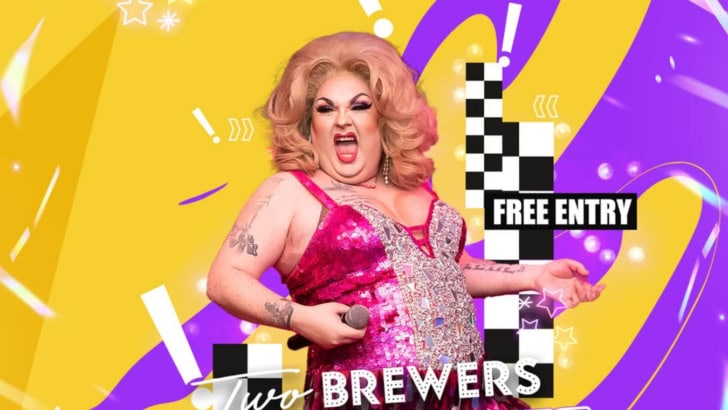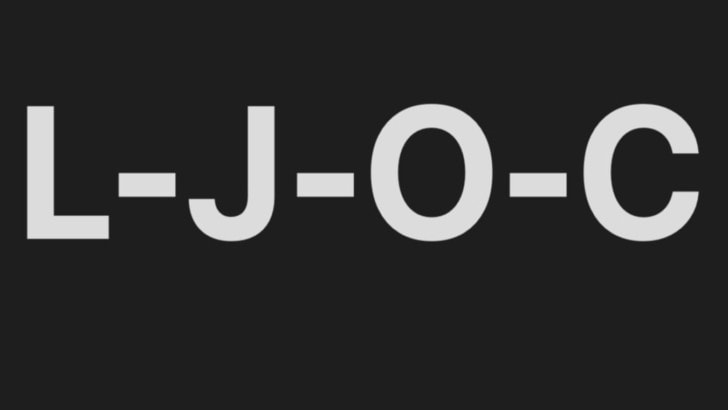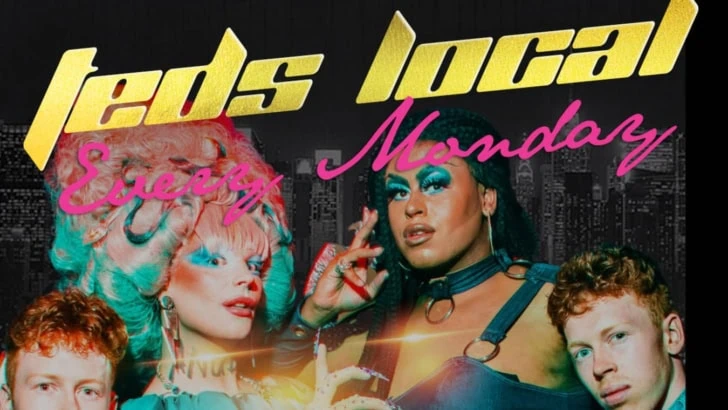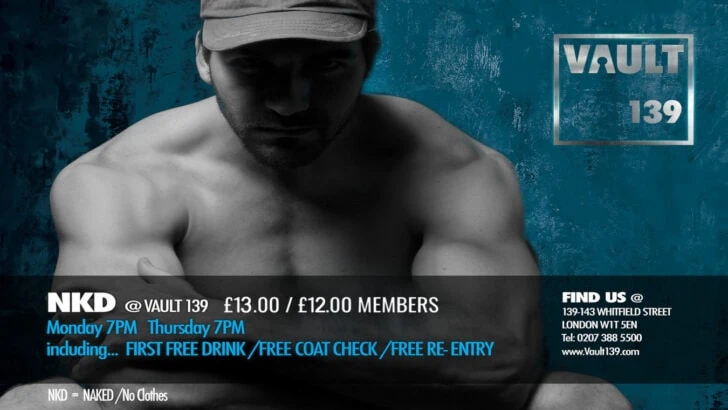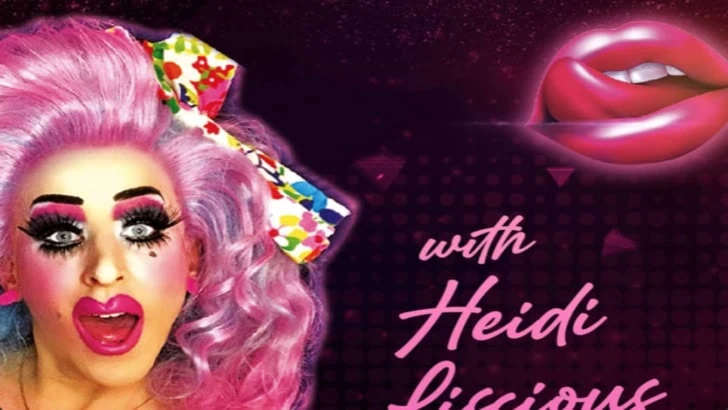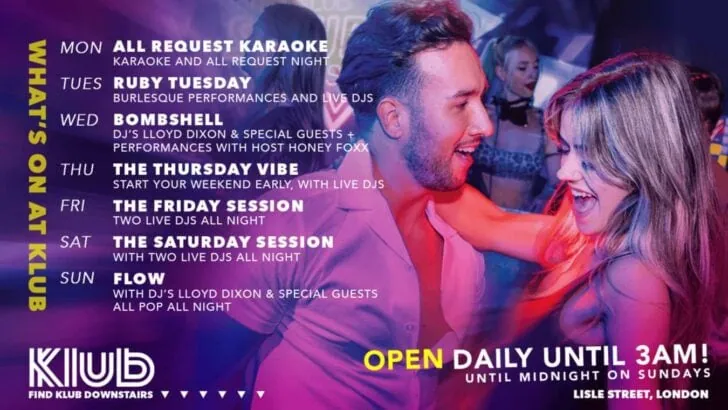The Circle is a hybrid drama/documentary about a 1950s society of gay men in Zurich, the most openly tolerant city in Europe at the time. The film centres on school teacher Ernst Ostertag and cabaret singer Robi Rapp, who began their romance half a century ago, and were finally able to legally marry nearly 50 years later in 2003. They’re played by young actors Matthias Hungerbuhler and Sven Schelker in the film’s dramatic scenes, but it’s the segments that centre on the real Ernst and Robi that give the film its soulful kick. Writer-director Stefan Haupt’s film won both the prestigious Teddy Bear and Audience Award at last year’s Berlin Film Festival.
By Jack Leger
What sparked you to tell your story on screen?
ERNST: We first thought about the making of a film during an exposition on The Circle in Berlin. That was 1999. Yet we did not know any other filmmaker but Stefan Haupt, whose brother is a friend to us. Stefan had no time, however. Later we met the two film-producers Ivan Madeo and Urs Frey, and they were interested in the story of The Circle and how we met there. Even later they told us about a film director who was also interested. It was Stefan!
ROBI: Our main concern was that The Circle should not be totally forgotten once we are dead. We now are 85, so time is running out. We also knew this story is important for younger generations.
How do you see your story’s impact today? Do you think the big issues are essentially the same, or dhave things changed?
ERNST: The film gives an example of how we and other people lived, met together and how the reality of a double-life looked 50 or 60 years ago. Young men of today – and women also – very often face the same or similar problems and are forced into similar ways of going gaily and not straightly forward. The problem of coming out, of needing to explain your different form of love, is still the same and will be the same for all time.
ROBI: All of us need understanding parents who accept and love their straight or gay children equally. Gay children need more attention though, because they still face more discrimination. Their path to become an adult is more difficult.
Was it odd to see your life re-enacted by actors?
ROBI: There were quite a few turbulent emotions when we watched the film the first time. Events from 10 years of our life have been condensed into about a year, and the film screening takes just 100 minutes. This is dramatic! But people we’d never met were deeply touched, so obviously it must be a good film.
Did you help Stefan develop the film’s dramatic scenes?
ERNST: We had very little to do with the “fictional” parts, but we read the script and gave hints on historical details. Then we were happy to let Stefan take over the story for the final script. However, the two actors playing us as younger men immediately got in contact with us, and we met quite a few times. We talked together, went for walks, did some housework and shopping together and had lunch or dinner. So they were very familiar with the way we think and talk.
ERNST: On this film, both producers are gay men, while the director is not gay. Both actors playing our parts are straight, but some of the actors playing homophobic policemen are gay. All of us joined as a creative team, and we had many joyful and funny moments together.
“Good sex can lead to love and understanding and a good partnership. That means respecting the human being and helping to develop according each person’s character and wishes.”
In the film, you fall in love after what might have been a one-night stand. What’s the secret to staying together?
ROBI: Good sex can lead to love and understanding and a good partnership. That means respecting the human being and helping to develop according each person’s character and wishes.
How have audiences reacted to the film?
ERNST: We have travelled to do Q&As after screenings of the film in Germany, Italy, Ukraine and America. Reactions have always been positive. Most people didn’t know about The Circle, and they were fascinated to discover the existence of this international gay organisation that, since it was in Switzerland, wasn’t destroyed by the Nazis. For many years it was the only gay group in Europe and the US. Audiences are also intrigued to learn that there was a time of repression in Switzerland during the late 50s and 60s similar to the McCarthy oppression in 1950s America.
ROBI: We also had a strong reaction to how our life has continued until now, which has helped people talk about their own private situations. For many, their life is similar or even worse to what’s shown in the film: thrown out by parents, by the school, fired by the firm where they worked. Many younger couples told us they had to leave the town where they were born and grew up and emigrate to some far away city where they could start a totally new life. It’s amazing what people have to do just to stay together.
ERNST: Generally we think times have changed, laws have changed and everything is much better and easier today. But the acceptance of being gay or lesbian has not quite arrived in the hearts and minds of a great number of people around the world. Well, not yet! So the goal of our film is to help change attitudes and put “good old traditions” through a badly needed process, asking questions like, “Are traditions a help to people of today, or have people become slaves to unhelpful traditions?” The film, however, shows a way out. People have told us that it offers a valuable example and gives them hope.
The Circle is out this week on Matchbox DVD.
